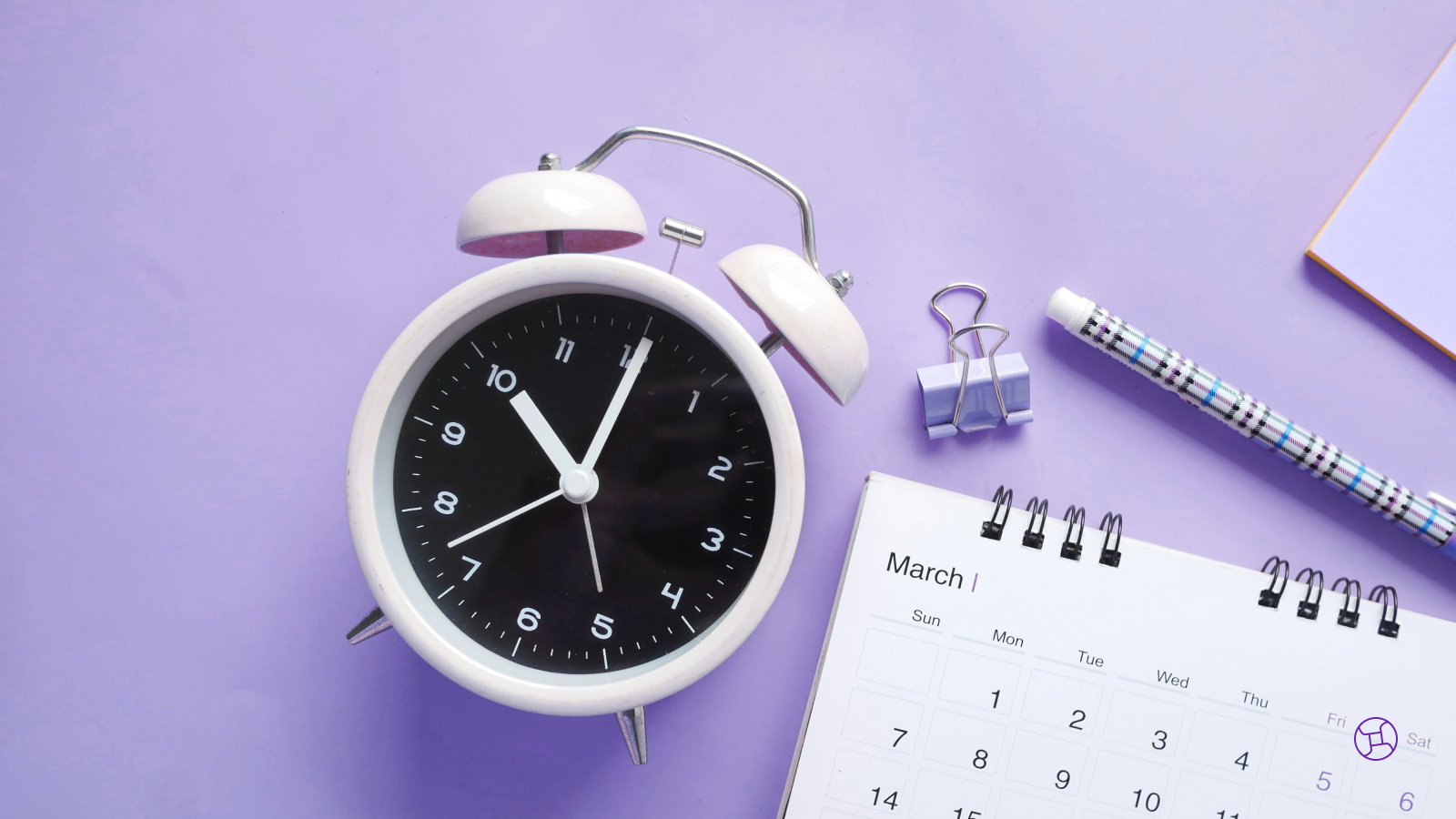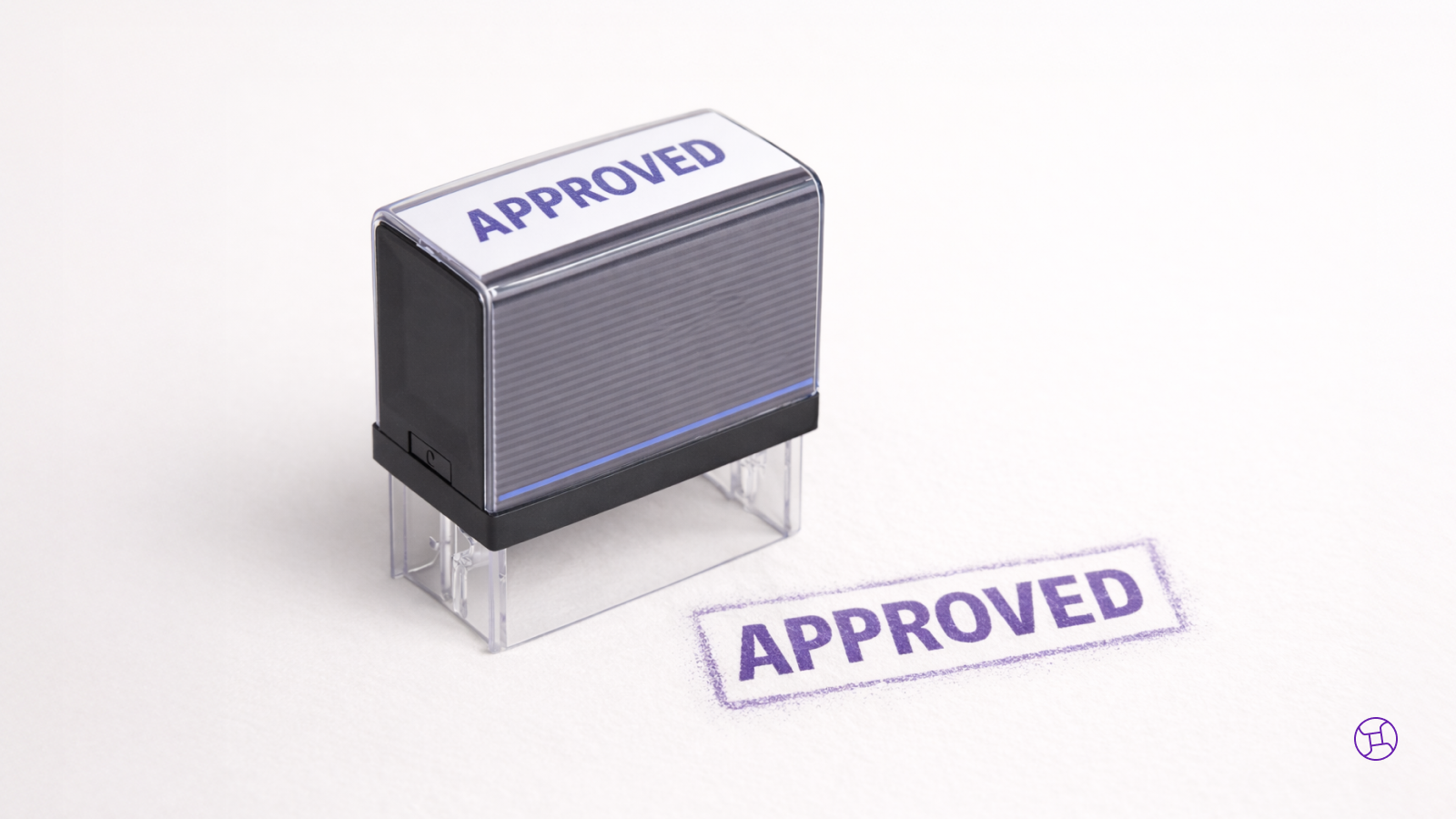Our Beyond the Label blog series explores the real experiences and stories of the disability community in Australia. In this story, Oliver Hunter, Customer Advocacy and Brand Specialist at Provider Choice, shares what he would tell his younger self about living with cerebral palsy.
When I was in my early 20s, I had a lot of insecurities about myself and how my life would turn out. Living with cerebral palsy and being a wheelchair user, I felt different from other people and didn’t know how to navigate that feeling of not being ‘normal’.
Now, aged 28, I know that in reality I am different from other people. Over time I’ve learnt to accept the fact that my life isn’t ‘normal’ and that’s totally fine. I have lots to offer the world and my life is pretty great now. I live independently and do stand-up comedy a few times a month, I’m engaged and have a good job at Provider Choice. Eight years ago I wouldn’t have believed you if you’d told me that this would happen.
With this in mind, I’ve put together a list of 6 things I would tell my younger self if I could:
1. Your disability isn’t your fault
Over the years, I’ve learnt that my disability isn’t my fault. And actually, it isn’t a problem. The social model of disability teaches us that ‘disability’ is a socially constructed concept. That means that the problem is our society which is full of barriers - people with disability are not the problem. Our environment needs to make things accessible and inclusive for people with disability.
I’m much more accepting of myself and my disability these days. I choose to focus on what I can do, not what I can’t do. For example, I can go to the gym twice a week and the pool twice a week. Twice is better than none.
2. Getting support doesn’t make you less independent
When I was younger, I was hesitant about getting formal (paid) support. I’m not sure if that was because I was in denial about my disability or just thought I could figure it out myself. Now I know that getting formal support doesn’t make me less independent. It actually makes me more independent.
Getting formal support means that I don’t have to rely on my friends and family to the point where they get burnt out. Learning to embrace the support I get through the NDIS was a huge turning point for me and has really changed my life for the better. Before getting these supports, there were times when I was just white-knuckling through life. I wouldn’t be able to live independently or have a fulfilling job without this support.
3. Just say ‘yes’ and figure the rest out later
I’ve gotten to where I’m at now by saying ‘yes’ and figuring the rest out later. That was the case with travel and some work opportunities. I went on my first overseas trip to America alone in 2017 to visit some friends and had a few nervous breakdowns on the plane. But I arrived in LA and thought, “Well, I’m doing it. It’s happened.”
It’s been the same way with my stand-up comedy. I was in the back of a taxi one time and thought “You know, my mum thinks I’m funny. Maybe I’ll do comedy.” I saw a sign for Wollongong Comedy Club and emailed them when I got home from a night out. I performed there a couple of times and haven’t looked back. Physical access to comedy clubs has been a battle because lots of venues aren’t accessible but I’ve always told myself “You’ve got two options, you either quit and give up on your passion, or you figure it out.”
4. Find people who encourage and embrace you
Everyone needs people in their life who encourage and embrace them. I have good relationships with formal supports such as my personal trainer and my support worker. I have a great family and good friends and I’m also engaged to my partner, who is incredibly supportive. I feel really lucky to have these people in my corner encouraging me to live the life I want. I’ve also learnt that if someone wants to be your friend, you should let them!
5. Good things will happen
In my teens and early 20s, dating and relationships were a big insecurity of mine. The older I got, the more I realised that my insecurities were a real barrier for me. In time I found that I had to focus on being the best version of myself rather than just getting stuck on whether I was or wasn’t dating someone. Funnily enough, once I felt like I was in a good space personally, I met my now fiancė. I think it often works that way.
I wish my younger self knew that all these good things were going to happen in my future. I’d tell younger Oliver that it can happen and it will happen.
6. Figure out your capacity and work within that
When you have a disability there’s so much you can’t control. I’ve chosen to focus on what I can control and to figure out my personal capacity and work within that. For me, that means working a certain number of hours each week and choosing how often I can go to the gym.
I also realised when I was job searching that I can lean into my disability a bit. By that I mean that I have plenty to say in this space, so why not lean into it? Lived experience is becoming more and more crucial for companies and I have plenty to offer in lots of areas.
Over the years, I’ve had to accept that life is going to be hard at times. I’m very lucky to have supportive friends and family, but there are always going to be things I need to overcome. Most of living with a disability is about problem-solving.
I’m not a Paralympian and that’s okay. I do stand up, work a good job and have great relationships. My younger self felt pressure that to be ordinary I had to do something extraordinary - just to get a seat at the table. But really, I just want to do normal things and be a good human.

If you or a family member have a story to share, we’d love to hear from you. Feel free to reach out to our friendly team at hello@providerchoice.com.au

If you need support managing your NDIS plan, or questions about your NDIS Journey, we’re here to help. Click here for more information about our Plan Management services or get in touch with our team here.



